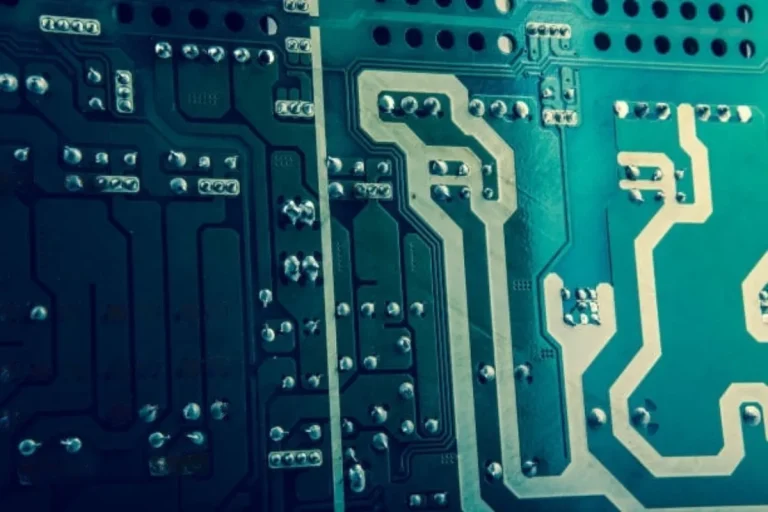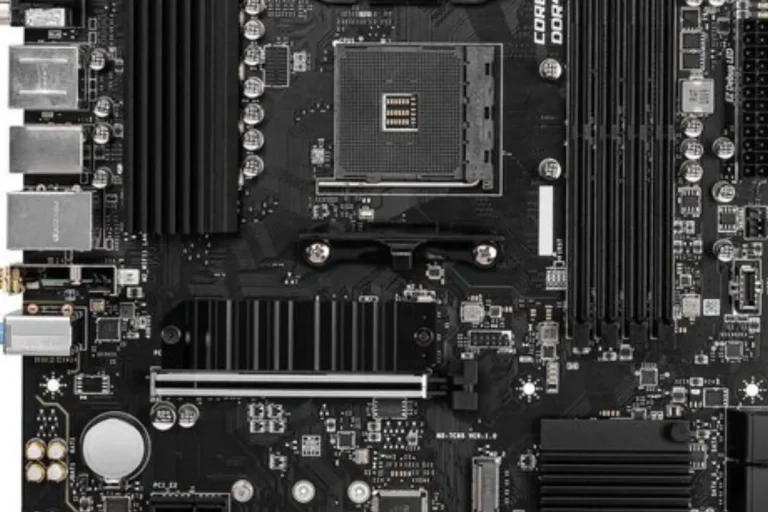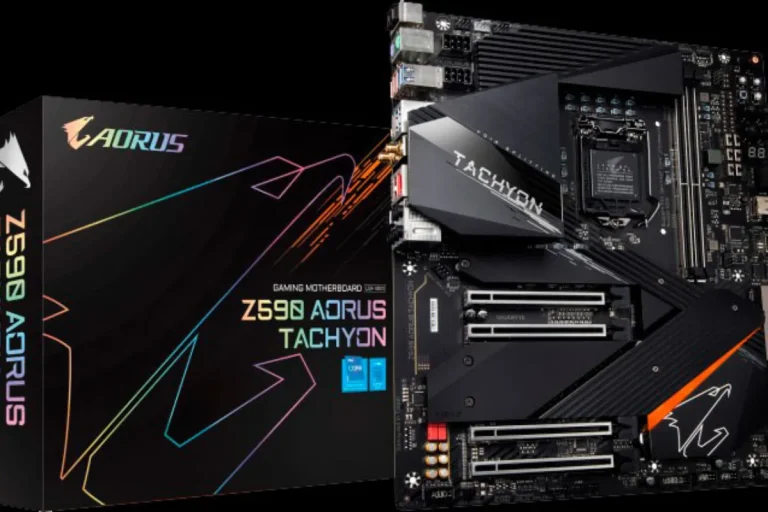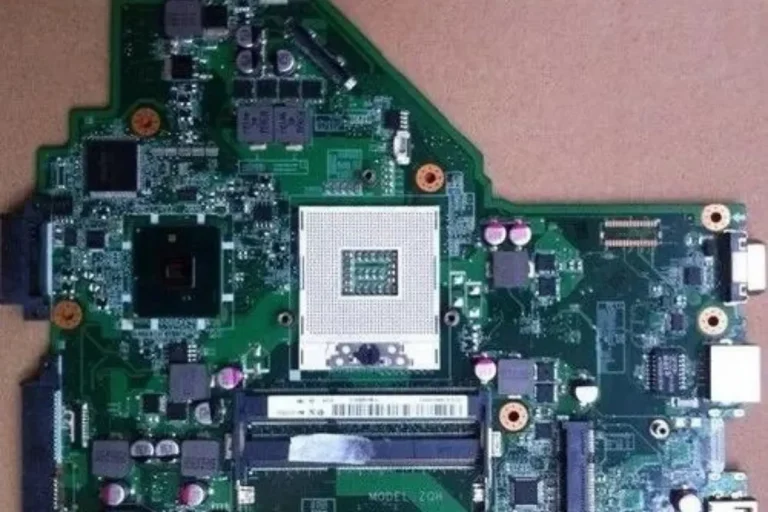What are some characteristics of a Toshiba laptop’s motherboard?
Are you curious about the inner workings of a Toshiba laptop? Well, let’s dive into the fascinating world of Toshiba laptop motherboards! These powerful little circuit boards play a crucial role in your laptop’s performance and capabilities. In this blog post, we’ll explore the key characteristics that make Toshiba laptop motherboards stand out.
Processor Compatibility
When it comes to Toshiba laptops, one crucial aspect that determines their performance is processor compatibility. A closer look at the different processors used in Toshiba laptops, how the motherboard plays a role in determining compatibility, and the advantages and limitations of various processor options.
The Processors Used in Toshiba Laptops
Toshiba laptops come equipped with a range of processors, each offering unique features and capabilities. From the energy-efficient Intel Core processors to the high-performance AMD Ryzen processors, Toshiba ensures a variety of options to cater to different user needs.
These processors serve as the brains of the laptop, handling tasks and calculations with speed and efficiency.
The Motherboard in Processor Compatibility
The motherboard acts as the communication hub within a laptop, connecting various components, including the processor. It determines the type of processor that can be installed and utilized.
Different motherboards support different processor socket types, such as Intel’s LGA or AMD’s AM4, which must align for compatibility. It’s crucial to ensure that the motherboard and processor are compatible to ensure optimal performance and stability.
Advantages and Limitations of Different Processor
The choice of processor in a Toshiba laptop comes with its own set of advantages and limitations. For instance, Intel Core processors are known for their efficiency and strong single-threaded performance, making them suitable for everyday tasks, multimedia, and light gaming. On the other hand, AMD Ryzen processors offer more cores and threads, making them ideal for demanding tasks like video editing and gaming.
However, it’s important to note that higher-end processors tend to consume more power and generate more heat, which may impact battery life and require better cooling mechanisms. So, it’s crucial to strike a balance between performance and power efficiency based on your specific needs and usage patterns.
RAM Capacity and Speed
RAM (Random Access Memory) plays a crucial role in a laptop’s performance, and understanding its capacity and speed is essential for Toshiba laptop users.
In this section, we’ll explore the importance of RAM, delve into the detailed explanation of RAM capacity and speed supported by Toshiba motherboards, and provide useful tips for upgrading or replacing RAM in your Toshiba laptop.
The Importance of RAM in a Laptop’s Performance
RAM acts as a temporary storage space for data that the laptop’s processor needs to access quickly. The more RAM your laptop has, the more data it can store, resulting in smoother multitasking, faster program loading times, and improved overall performance.
It allows you to run multiple applications simultaneously without experiencing lag or slowdowns.
Detailed Explanation of RAM Capacity a
Toshiba laptops come with various RAM capacity options, ranging from 4GB to 16GB or more. The RAM capacity supported by the motherboard determines the maximum amount of RAM you can install. It’s crucial to check your laptop’s specifications or consult the manufacturer’s guidelines to ensure compatibility when upgrading or replacing RAM.
In terms of RAM speed, Toshiba motherboards support different frequencies, such as DDR3 or DDR4. Higher RAM speed allows for faster data transfer between the RAM and the processor, resulting in snappier performance. However, it’s important to note that the RAM speed should be compatible with the motherboard’s specifications to ensure proper functioning.
Tips for Upgrading or Replacing RAM in a Toshiba Laptop
If you’re looking to upgrade or replace the RAM in your Toshiba laptop, here are a few helpful tips:
- Identify the compatible RAM: Check your laptop’s documentation or the manufacturer’s website to determine the type, capacity, and speed of RAM supported by your specific Toshiba model.
- Consider your needs: Assess your usage patterns and requirements to determine the amount of RAM you need. More RAM is beneficial for resource-intensive tasks like video editing or gaming.
- Seek professional assistance if needed: If you’re unsure about the process or lack technical expertise, it’s recommended to consult a professional or refer to Toshiba’s support resources for guidance.
Expansion Slots and Ports
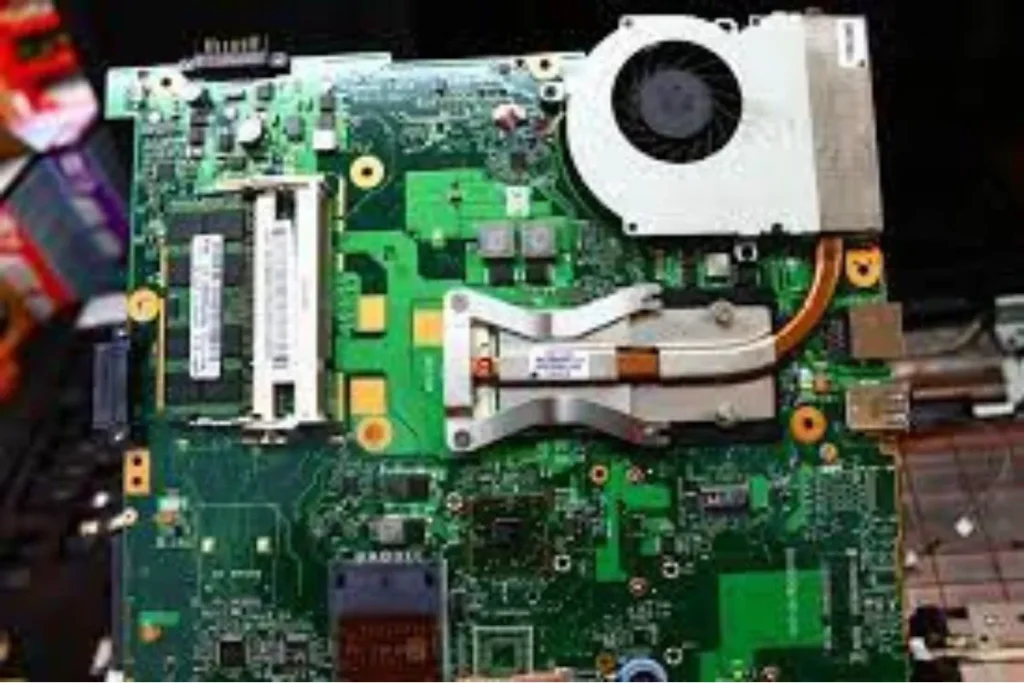
When it comes to Toshiba laptop motherboards, expansion slots, and ports play a vital role in expanding connectivity options and enhancing functionality.
In this section, we will provide an overview of the expansion slots and ports available on Toshiba laptop motherboards, describe commonly found slots and ports such as USB, HDMI, and PCIe, and discuss their uses, limitations, and future-proofing considerations.
Expansion Slots and Ports on Toshiba Laptop Motherboards
Expansion slots and ports are physical interfaces on the motherboard that allow you to connect various devices and peripherals to your Toshiba laptop. These slots and ports provide the flexibility to expand your laptop’s capabilities and connect to external devices for data transfer, display output, and more.
Commonly Found Slots and Ports
Toshiba laptops typically come equipped with a range of slots and ports, including:
- USB (Universal Serial Bus): USB ports are ubiquitous and allow you to connect a wide variety of devices, such as external storage drives, keyboards, mice, and printers. They come in different generations like USB 2.0, USB 3.0, and the latest USB 3.1 or USB-C, offering varying data transfer speeds.
- HDMI (High-Definition Multimedia Interface): HDMI ports enable you to connect your laptop to external displays or projectors, providing high-quality audio and video output. They are commonly used for presentations, gaming, or watching movies on a larger screen.
- PCIe (Peripheral Component Interconnect Express): PCIe slots are used to add expansion cards, such as dedicated graphics cards, Wi-Fi adapters, or solid-state drive (SSD) expansion cards. These slots provide higher bandwidth for faster data transfer and improved performance.
Uses, Limitations, and Future-Proofing
USB ports offer versatile connectivity options but may have limitations in terms of data transfer speeds, especially with older USB versions. HDMI ports are excellent for connecting to external displays, but they may not support the latest display technologies like DisplayPort or Thunderbolt.
PCIe slots allow for expansion and customization, but compatibility with newer PCIe generations should be considered for future upgrades.
Frequently Asked Questions
1. What are the power delivery features of Toshiba laptop motherboards?
Toshiba laptop motherboards are equipped with power delivery features that regulate and distribute power to various components. These features ensure efficient power delivery to the processor, graphics card, memory, and other components, optimizing performance while minimizing power consumption.
2. What do efficiency ratings mean for Toshiba laptop motherboards?
Efficiency ratings for Toshiba laptop motherboards indicate how effectively they convert incoming power into usable energy for the laptop’s components. Higher efficiency ratings mean less energy is wasted as heat, resulting in longer battery life and reduced power consumption.
3. How do motherboard components impact power consumption and battery life?
Motherboard components such as the processor, graphics card, and memory have varying power requirements. Higher-performance components generally consume more power, which can affect battery life.
4. What is the BIOS (Basic Input/Output System) on Toshiba laptop motherboards?
The BIOS is a firmware program embedded in the Toshiba laptop motherboard that initializes hardware components during startup. It provides a low-level interface between the operating system and the hardware, allowing communication and configuration of system settings.
5. What is firmware, and why is it important on Toshiba laptop motherboards?
Firmware refers to the software code embedded in the hardware of Toshiba laptop motherboards. It provides instructions for the proper functioning of various components, including the BIOS.
Conclusion
The motherboard is a key component to consider. Toshiba laptop motherboards boast efficient power delivery features, ensuring optimal performance while conserving energy. With high-quality components and firmware updates available, you can trust a Toshiba motherboard to enhance your laptop experience. Choose Toshiba for reliability and power efficiency
